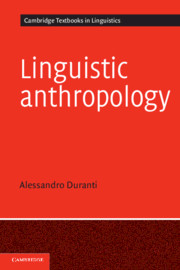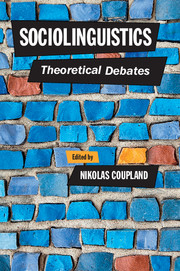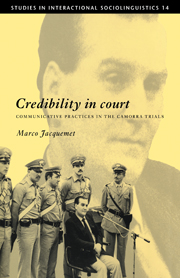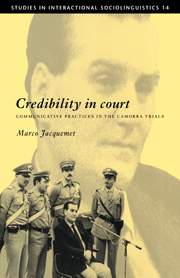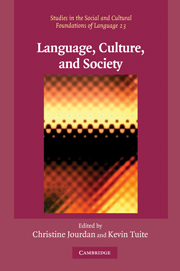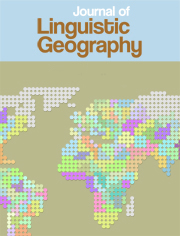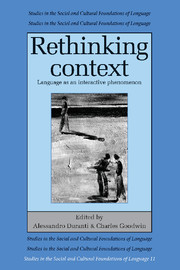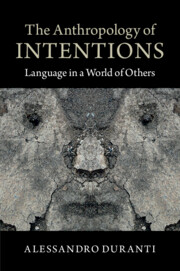Linguistic Anthropology
Alessandro Duranti introduces linguistic anthropology as an interdisciplinary field that studies language as a cultural resource and speaking as a cultural practice. The theories and methods of linguistic anthropology are introduced through a discussion of linguistic diversity, grammar in use, the role of speaking in social interaction, the organization and meaning of conversational structures, and the notion of participation as a unit of analysis. Linguistic Anthropology will appeal to undergraduate and graduate students.
- New introduction to linguistic anthropology
- Duranti well-known in field, in both Europe and USA. Co-edited successful Re-thinking Context for CUP
- Distinctive approach looking at conversation and interaction
- Linguistic anthropology hot topic at the moment
Reviews & endorsements
"Once in a while a book is published that defines and shapes the content of a discipline. Duranti's Linguistic Antrhopology is one of those books. Rooted in a profound knowledge of historical and current scholarship in both linguistics and anthropology...the author's discourse provides a clear manifesto for linguistic anthropology as a full-grown discipline of its own. ...instructors for linguistic anthropology classes will find this book extremely valuable. I know of no other text that is so well -documented about issues, theories, and methods in linguistic anthropology both synchronically and diachronically. ...the book is very coherent theoretically...it proposes a clear, distinctive way of doing linguistic anthropology. ...anybody who intends to conduct research in this discipline will find this to be an extremely valuable resource. " Giovanni Bennardo, American Anthropology
"Linguistic anthropology should be of great help in opening up this dynamic branch of research to a broader audience." language in Society
Product details
September 1997Paperback
9780521449939
422 pages
229 × 152 × 25 mm
0.708kg
4 b/w illus.
Available
Table of Contents
- 1. The scope of linguistic anthropology
- 2. Theories of culture
- 3. Linguistic diversity
- 4. Ethnographic methods
- 5. Transcription: from writing to digitized images
- 6. Meaning in linguistic forms
- 7. Speaking as social action
- 8. Conversational exchanges
- 9. Units of participation
- 10. Conclusions
- Appendix
- References
- Indexes.

